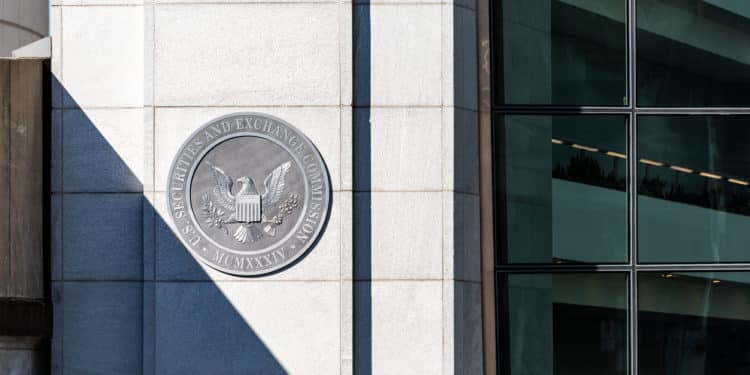On September 19, the Securities and Exchange Commission (SEC) announced settled charges against CBRE, Inc. for using an employee release that violated the SEC’s whistleblower protection rule. Coming on the heels of a similar action announced on September 8, the order once again affirms the Commission’s dedication to defending whistleblowers, whose reports have brought over $5 billion to the agency since the beginning of the SEC’s Dodd-Frank Whistleblower Program.
The SEC claims that between 2011 and 2022, the Dallas-based commercial real estate services and investment firm required its employees to sign a release where they attested that they had not filed a complaint against CBRE with any federal agency in order to receive separation pay. According to the SEC, by conditioning separation pay on this release, CBRE took action to impede potential whistleblowers from reporting complaints to the Commission.
This restrictive separation agreement violates Rule 21F-17(a), which prohibits any persons from taking action to impede whistleblowers from communicating with the SEC about a possible securities law violation. The SEC’s record of enforcing this rule for both public and private creates strong precedent establishing that companies who try to silence whistleblowers through separation agreements, contracts, and even employee and compliance manuals are violating SEC rules.
Moreover, the diligence with which the SEC has enforced these cases highlights the strategic importance of protecting whistleblower rights. Eric Werner, Regional Director of the SEC’s Fort Worth Office, said, “It is critical that employees are able to communicate with SEC staff about potential violations of the federal securities laws without compromising their financial interests or the confidentiality protections of the SEC’s whistleblower program.”
“Corporate fraud is always an inside job, so the attempt to silence whistleblowers through mechanisms like restrictive separation agreements is an attempt to get away with fraud,” said leading whistleblower attorney Stephen M. Kohn of Kohn, Kohn & Colapinto. “The SEC depends on whistleblowers to identify fraud so that it can do its job of protecting the markets – it’s no wonder that the Commission has made it a priority to enforce Rule 21F-17(a).”
CBRE agreed to pay a civil penalty of $375,000 and consented to the cease and desist from committing or causing any violations of the whistleblower protection rule. The SEC’s determination to accept CBRE’s offer of settlement was influenced by the company’s cooperation with the investigation and remedial actions, which included communicating with over 800 former employees notifying them of their rights to communicate with the SEC regarding potential violations of federal securities laws.
Further Reading:
SEC Charges CBRE, Inc. with Violating Whistleblower Protection Rule




